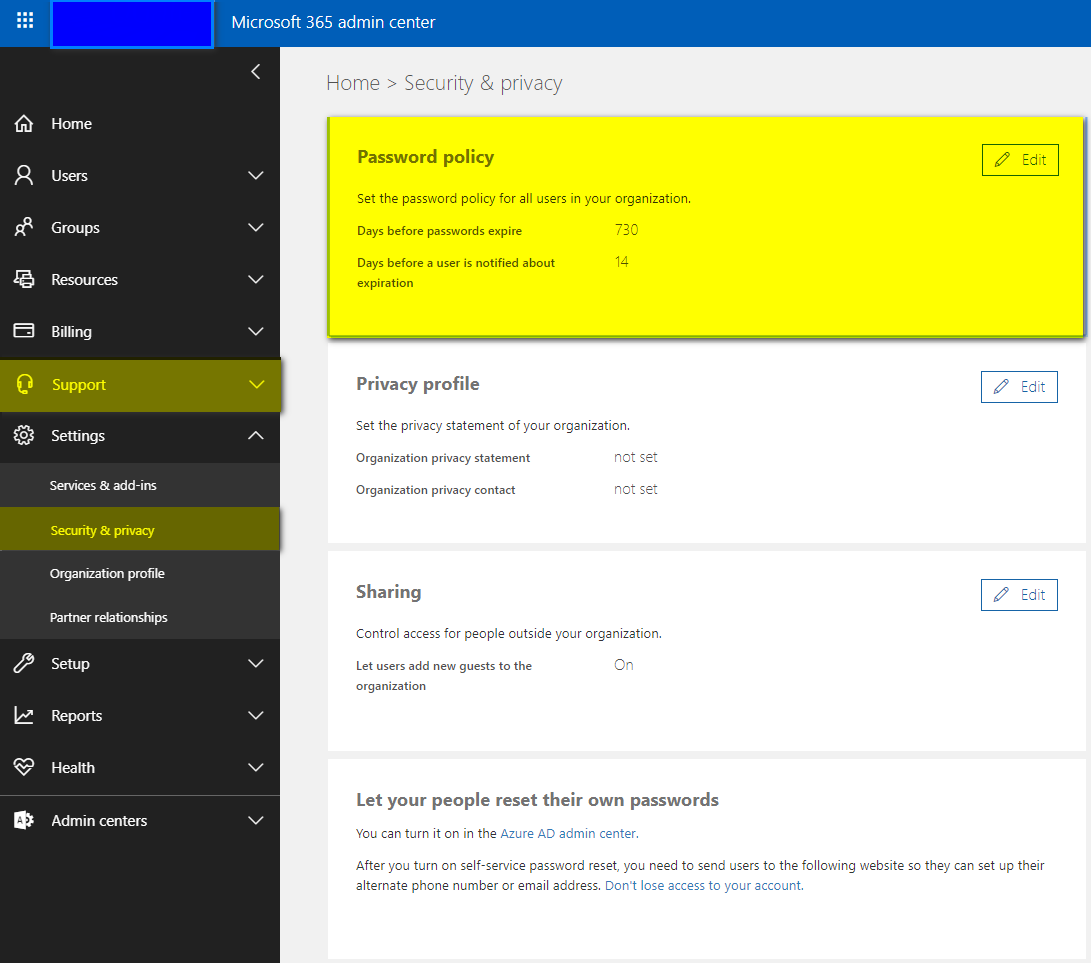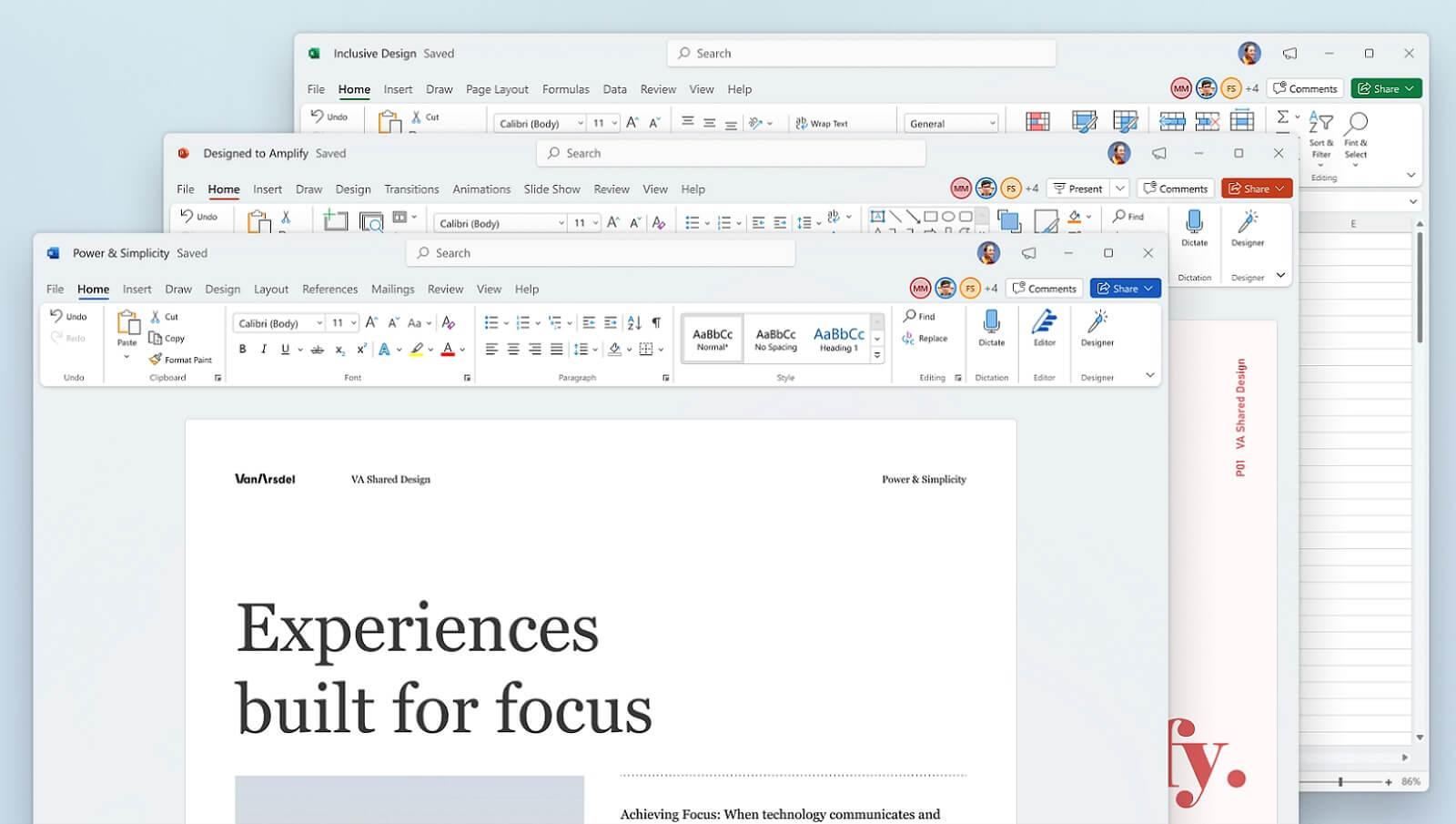
xxxx.yyyy represents the full version number

In the article, they mention that you have to execute a command similar to the one below officec2rclient.exe /update user updatetoversion=16.0.xxxx.yyyyġ6.0. Version/Build, Even Microsoft Can’t Keep Things Straight! Now let’s make a few corrections and additions to their article!įirst and foremost, I think it important to point out that while this command can be used to uninstall an update and revert back to any build of your choosing (probably it primary function), it can also be used to perform an upgrade.
#GET LATEST OFFICE 365 UPDATE HOW TO#
How to revert to an earlier version of Office 2013 or Office 2016 Click-to-Run. You can read Microsoft’s instructions on uninstalling an update by using the following link: Microsoft no longer offers a graphic interface to manage the updates and one must use the “DOS” command prompt to uninstall updates (or as Microsoft now refers to it as “Revert to an earlier version”). With Office 365, much to most people’s dismay, one can no longer simply open the Control Panel to uninstall an update. This, on the surface, sounds like a brilliant approach, but as we have recently seen (updates 1705, 1706, 1707) sometimes updates can introduce new bugs that are more problematic then the ones they are supposedly resolving.

While Office 365 will, unless reconfigured, automatically updates itself based on the Update Channel (you can learn more about Update Channel by reviewing Overview of update channels for Office 365 ProPlus) you have chosen to use (and yes, I too, never made any such choice and was automatically setup on the Deferred Channel). With Microsoft’s major push of Office 365, more specifically Click-to-run (C2R or CTR), I think it important to briefly touch base on the entire update process.ĭo note that the following also applies to the C2R versions of Access 2013, 2016, 2019, 2021+ the only difference being the build numbers.


 0 kommentar(er)
0 kommentar(er)
